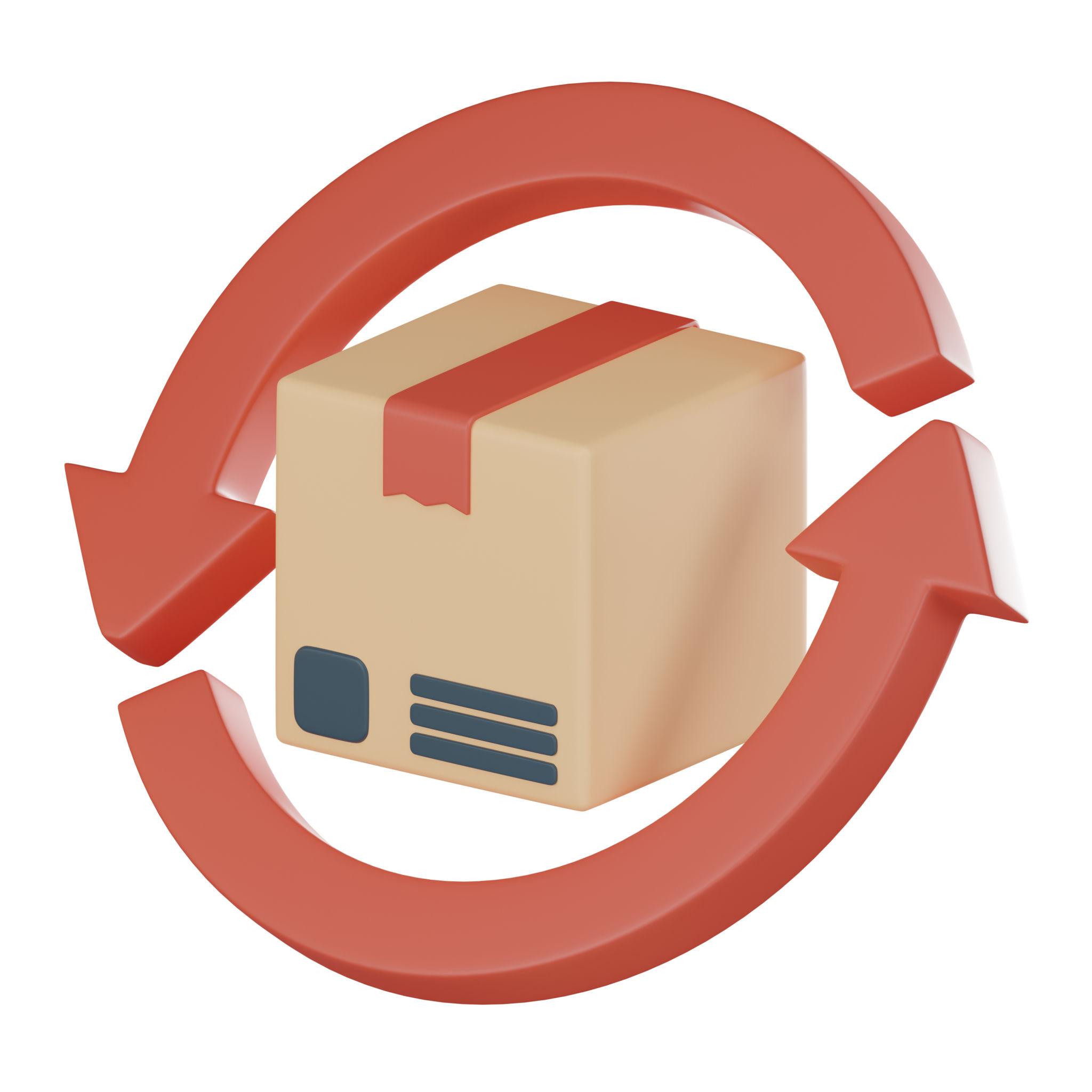Top Strategies for Managing Product Returns Efficiently
Understanding the Importance of Efficient Product Return Management
Managing product returns efficiently is crucial for businesses aiming to maintain customer satisfaction and streamline operations. A well-handled return process can enhance brand reputation and foster customer loyalty. On the other hand, a poorly managed system can lead to customer dissatisfaction and revenue loss.
Implementing effective strategies can turn what might seem like a logistical nightmare into an opportunity for growth and improvement. By focusing on key areas, businesses can create a seamless return experience for their customers.

Create a Clear Return Policy
One of the foundational strategies for managing product returns is to establish a clear and transparent return policy. This policy should be easily accessible on your website and communicated at every point of sale. Clearly outline the conditions under which returns are accepted, the timeframe for returning items, and any associated costs.
By providing detailed information upfront, customers will know what to expect, reducing confusion and frustration. A straightforward policy can also minimize disputes and enhance your brand’s credibility.
Leverage Technology for Streamlined Processes
Technology plays a vital role in modernizing return processes. Implementing a robust return management system can automate many aspects of returns, from tracking returns to processing refunds. This can significantly reduce the time and resources spent on handling returns.
Utilizing data analytics can also provide insights into return trends, helping businesses identify common issues and areas for improvement. By analyzing this data, companies can make informed decisions to optimize their products and services.

Enhance Customer Communication
Effective communication is essential for a smooth return process. Keeping customers informed at every stage, from the initiation of a return to the receipt of a refund, builds trust and transparency. Use automated emails and notifications to update customers on the status of their returns.
Additionally, providing multiple channels for customer support, such as live chat, email, and phone support, can address any concerns promptly. This proactive approach can prevent negative experiences and enhance overall customer satisfaction.
Optimize Reverse Logistics
Efficient reverse logistics are crucial for handling product returns. Streamlining the logistics process can reduce costs and improve turnaround times. Collaborating with reliable logistics partners can ensure that returned products are handled efficiently and returned to inventory quickly.
Consider implementing systems for refurbishing or reselling returned items, which can help recover losses and reduce waste. This not only contributes to sustainability but also improves the bottom line.

Conclusion
Managing product returns efficiently requires a comprehensive approach that combines clear policies, technology, effective communication, and optimized logistics. By implementing these strategies, businesses can turn returns into opportunities for improving customer satisfaction and operational efficiency.
Ultimately, a well-managed return process reflects positively on a brand, fostering long-term customer relationships and supporting business growth.
